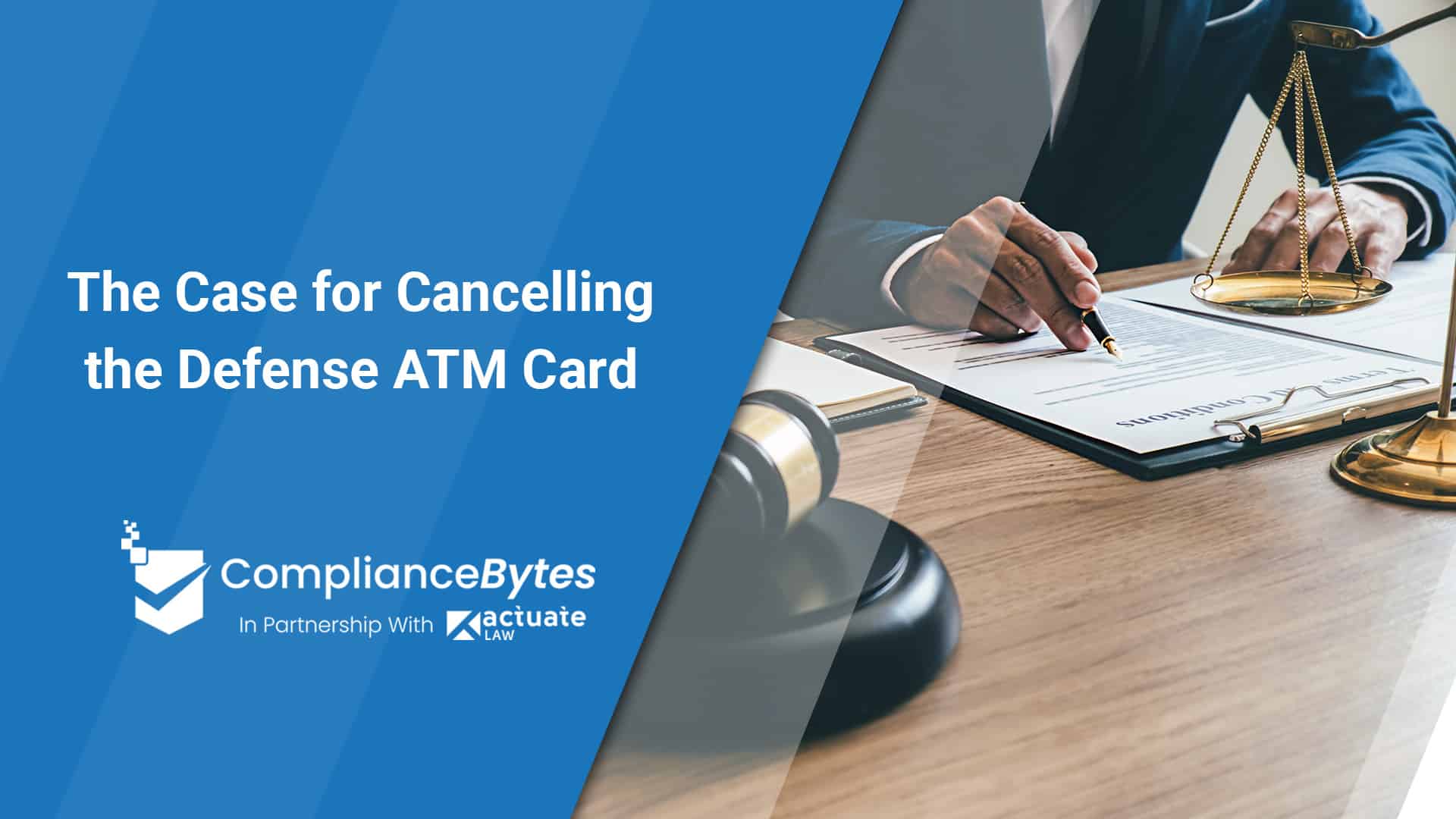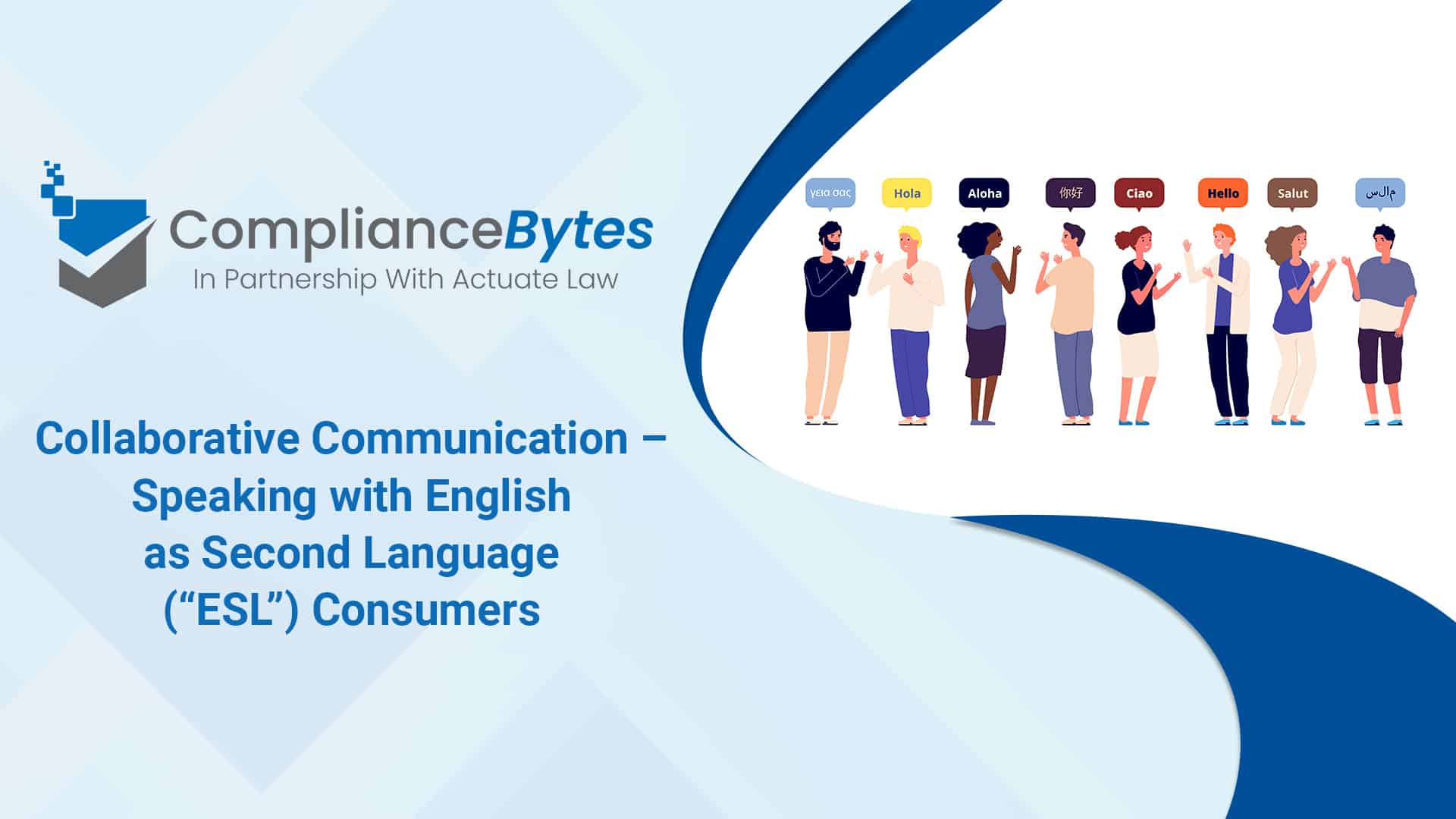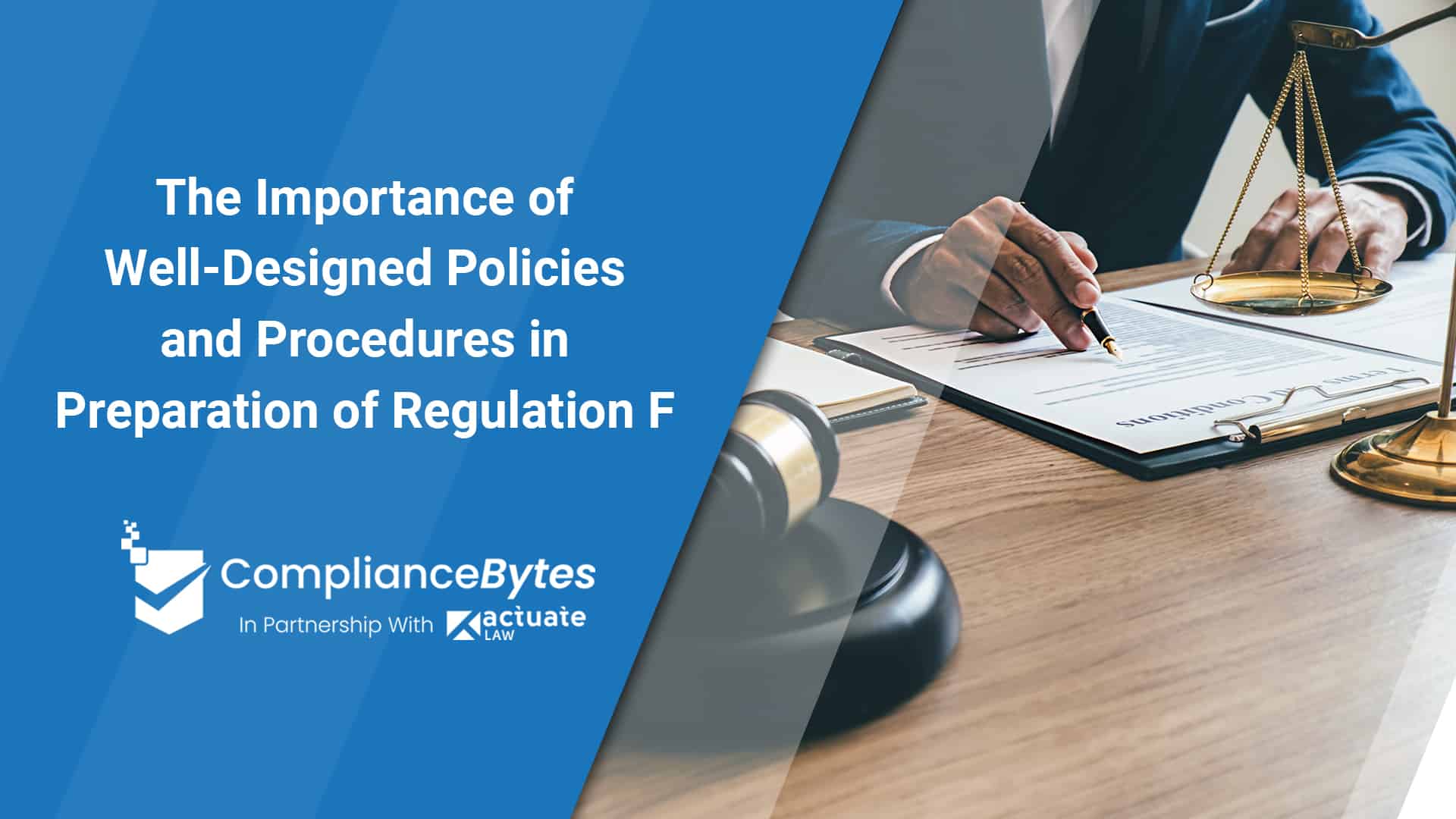
The Case for Cancelling the Defense ATM Card
By Stacy Rodriguez, Partner at Actuate Law, LLC
2021 was a challenging year for the defense. In addition to the typical FDCPA claims, debt collectors faced a steady flow of lawsuits raising novel theories of liability. Many of these “new” theories were (or could be) applied broadly to any account being collected by any debt collector. Some are clever and some are strained, but nearly all are designed and manufactured to exploit the defense industry’s apparent willingness to hand over its figurative ATM card to pay a nuisance settlement.
As just one example, consider a wave of lawsuits referred to as the “debt buyer” cases. These suits purport to challenge or claim ignorance of the secondary debt market. The consumer claims that a collection letter violates the FDCPA because the consumer was not notified and/or provided with proof of the sale of the account to the current creditor (a debt buyer). To defeat these lawsuits, a debt collector can argue that the FDCPA does not require disclosure or proof of sale to dun a debtor, and can file proof of the account’s sale and, in many cases, contemporaneous notice to the debtor. These plaintiffs often succeed in extracting a nuisance settlement amount anyway, however, because it costs less to settle one of these lawsuits than to defend it.
But there is a strong case to be made for cancelling that defense ATM card. Instead, make an initial investment to defend your company. It is likely to benefit not only you, but the entire industry, in the long run. This case is best made by example. Consider the tale of two (fictional) debt collector defendants below. Their decisions result in drastically different outcomes both for the individual defendants and the industry at large.
A Tale of Two Defendants
Lawsuits are filed by Plaintiff’s Firm against two debt collectors. The complaints are identical, with the exception of the parties’ names and dates. Plaintiff’s Firm raises a novel theory of liability. The defendants gauge that the plaintiff has little to no chance of succeeding because the allegations are likely to be overcome legally and/or are demonstrably false. To prevail, however, would require the defendants to dedicate time and money to researching, briefing, and obtaining a favorable order from the court. This effort is compounded by the fact that there is not an existing playbook (prior case law or briefing on point, etc.) to defend this type of claim. The defendants consider their options: (A) start negotiating from the plaintiff’s initial demand to settle the case for a minimal 4-figure number and dispose of this annoyance promptly, (B) start mapping out and executing a defense, which is likely to involve the expenditure of resources far in excess of the settlement amount and may take months or years but is likely to be successful.
Tale 1: Defendant 1 selects Option A
Defendant 1 settles for $2,500. Defendant 1 has not filed any response in the lawsuit, has not incurred any significant attorneys’ fees, and does not have to track or report this lawsuit as an active matter. The settlement amount is “minimal.” The settlement amount is also confidential, but not from Plaintiff’s Firm who now has the figurative pin number to use Defendant 1’s ATM card to make repeated $2,500 withdrawals.
Several days after the first lawsuit is settled, Plaintiff’s Firm files an identical lawsuit for a different consumer, and three more trickle in over the next few months. Defendant 1 has now expended $12,500 to eliminate frivolous lawsuits, but they keep coming. For now, Defendant 1 elects to keep the card active for a bit longer. After all, litigation is also expensive and it can stretch out for years. If Defendant 1 is lucky, the lawsuits against Defendant 1 will slow down or stop completely, or others in the industry will start to obtain favorable orders. Someone must be fighting these, right?
Plaintiff’s Firm decides it will continue to use Defendant 1’s ATM card for as long as possible. After all, the complaint is already drafted and no court has invalidated this theory. In fact, the courts don’t know how many of these identical complaints are being filed or that they lack merit, as the lawsuits most often resolve immediately without any challenge. Plaintiff’s Firm is emboldened and increases its filings against not only Defendant 1, but other debt collectors. Plaintiff’s Firm is making money with minimal effort and at a minimal cost and risk – no briefing, no discovery, no need to justify its novel theory of law. Defendant 1 and other debt collectors in the industry are overwhelmed with these lawsuits for months, or even years, to come. Those that choose to fight ultimately prevail, but there are not enough defense wins to deter Plaintiff’s Firm.
Tale 2: Defendant 2 selects Option B
Defendant 2 refuses to settle. Defendant 2 does not share its ATM pin with Plaintiff’s Firm. Instead, Defendant 2 digs into the research, compiles defensive evidence, and brings the frivolous nature of the lawsuit to the court’s attention. After several months, Defendant 2 has invested fees of around $10,000 to prepare a defense playbook and execute the plan – affirmative defenses, well-researched dispositive motions attaching evidence, a list of defense documents required to prevail, etc. While Defendant 2 is awaiting a court decision, several additional lawsuits accumulate. While that is discouraging, Defendant 2 refuses to settle. After all, Defendant 2 already has a defense playbook to apply at minimal additional expense. The courts are slow, but Defendant 2 finally gets a favorable opinion disposing of the claims. Defendant 2 files that opinion in the other pending lawsuits, as it is directly on point and involves a nearly identical complaint. Other defendants file the order in their cases, and Plaintiff’s Firm’s theory of liability finally starts to collapse.
Plaintiff’s Firm now must expend significant time and money almost every time it files a new lawsuit. The courts are at least partially aware of the large volume of these lawsuits clogging their dockets and raising claims that appear largely meritless. Some judges even warn Plaintiff’s Firm it is skating on thin ice, and that warning is immediately filed in all of the pending cases to support fee requests. Plaintiff’s Firm is deterred from continuing to file this type of lawsuit because the defense ATM cards have all stopped working.
The Lesson Learned for a Happier Ending
The lesson learned? While there may be compelling business reasons to settle a frivolous claim for a nuisance amount, the cost of paying a nuisance settlement to resolve certain types of claims can quickly exceed the benefit. If the defense industry could work together to identify and warn others of these dangerous new theories early on, and then collectively defend the suits while sharing defense playbooks, the favorable result obtained in Tale 2 could be obtained faster and more efficiently.
Using the example of the debt buyer cases that plagued the industry in 2020-2021, as the Honorable Judge Brian M. Cogan pointed out, in an order dismissing two suits, but denying a sanctions request even though he found it “particularly attractive,” “Not every or even most judges in this district have rejected the arguments [of the plaintiff’s counsel] – it may be see[n] fatuous to note, but the only judges who have rejected these arguments are those to whom the arguments have been presented.” See Memorandum Decision and Order, Ortiz v. Asset Recovery Solutions, LLC, et al., Case No. 21-cv-0779 (BMC) (E.D.N.Y. Aug. 16, 2021). That clever prose serves as a suggestion to the defense bar that it should defend.
Hopefully, this lesson can be applied by the industry in 2022 and beyond. We are likely to face even more “new” claims this year, as the plaintiffs’ bar begins to dive into Regulation F compliance and its unfortunate abundance of gray areas. Lawsuits are inevitable, but if we work together to defend industry best practices, we can minimize the individual and collective defense costs. It is time to cancel the figurative defense ATM card.
About Actuate Law
Founded by Big Law veterans, Chicago-based Actuate blends the nimble entrepreneurialism of a boutique start-up with the wisdom that comes with decades of deftly handling sophisticated litigation, transactional, and compliance matters. We combine talent and technology to craft bespoke legal solutions for the next generation of business leaders. Like the clients we serve, Actuate is constantly striving to achieve the “impossible triangle” of better, faster, and less costly. Our lawyers handle matters across the country in the areas of commercial litigation, class action defense, data security & privacy, e-discovery, financial services, information governance, private client services/trusts & estates, and white collar investigations and litigation. For more information visit, www.actuatelaw.com.
This information is not intended to be legal advice and may not be used as legal advice. Legal advice must be tailored to the specific circumstances of each case.









